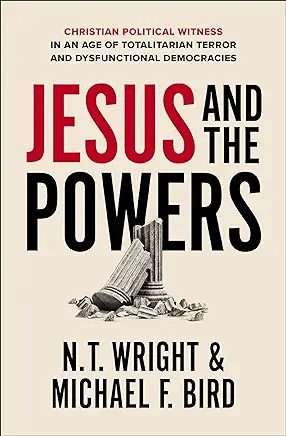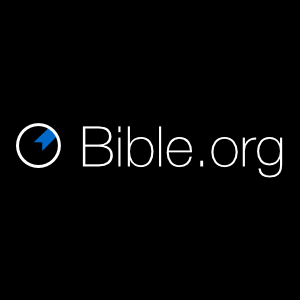Q. It is not clear to me that the phrase basileia tou theou should simply be lumped together with the general sovereignty of God over all of his creation, or merely be seen as a subset of that idea. That phrase in Mk. 1.15 and elsewhere seems to have an eschatological and interventionist and salvific sense. ‘If I by the Spirit of God cast out demons then you will know that the divine saving action of God has broken into your midst’.
A. Well, the kingdom of God in, by, and from Jesus, is a telescoped version of God’s sovereign saving power in creation itself. Let’s remember the back story to Mk 1:15, where Jesus’s words are part of a prophetic script pertaining to Isaiahs’ new exodus (see Isaiah 40, 52), which itself leads to the renewal and rescue of creation (see Isaiah 65-66). Jesus is “King of the Jews” as Israel’s Messiah, and a transformed Israel was always intended to transform the world (hence Isaiah’s oracle of Israel as a “light to the nations” in 42:6 and 49:6), and Israel’s covenant project, beginning with Abraham and telescoped into the Davidic covenant, was to rule over Canaan as Adam and Eve ruled over Eden. You don’t need to be Presbyterian to see that the basic covenant structure of the Bible takes us from YHWH as King of creation, to Adam and Eve as regents and priests of creation, to Abraham’s call to bring the promises of faith and justice to the whole world, zeroed in on Israel, and Israel’s King, of which Jesus is the truest type. Jesus is the new Adam, the embodiment of Israel, the prophesied Davidic king, who brings YHWH’s saving reign to bear upon creation, and the church will reign with him in the new creation.
[N.B. I would say that this reading of salvation history and the covenants, ignores precisely what Paul says in Gal.4 and 2 Cor. 3, namely that the Mosaic covenant was pro tempore until the time was fulfilled and Christ was born, and that it is to be distinguished from the Abrahamic covenant, which is not seen as a continuation of various OT covenants. It is the Abrahamic covenant which is connected by Paul to the new covenant which is not primarily a renewal of any previous covenant. God’s rule over creation, and the human rule over creation in the charge to Adam and Eve are not part of the salvific plan of God that is needed after the Fall, except in the sense that in the end, creation having been affected by human sin and the Fall needs to also be redeemed at the resurrection and new creation. Jesus is certainly the messiah of Israel, but he is also the savior of the world, the last founder of the human race, the last Adam. Can we really say Christ has already brought God’s saving reign over creation, when Paul says creation has been subjected to futility for the time being, while the Devil is alive and well on planet earth and we still fervently pray thy dominion come on earth as it is in heaven? I would say no.]






 English (US) ·
English (US) ·